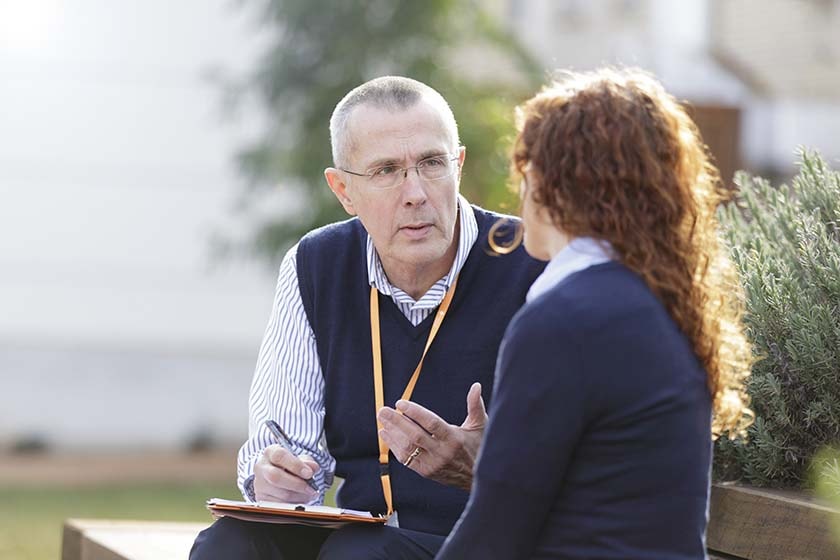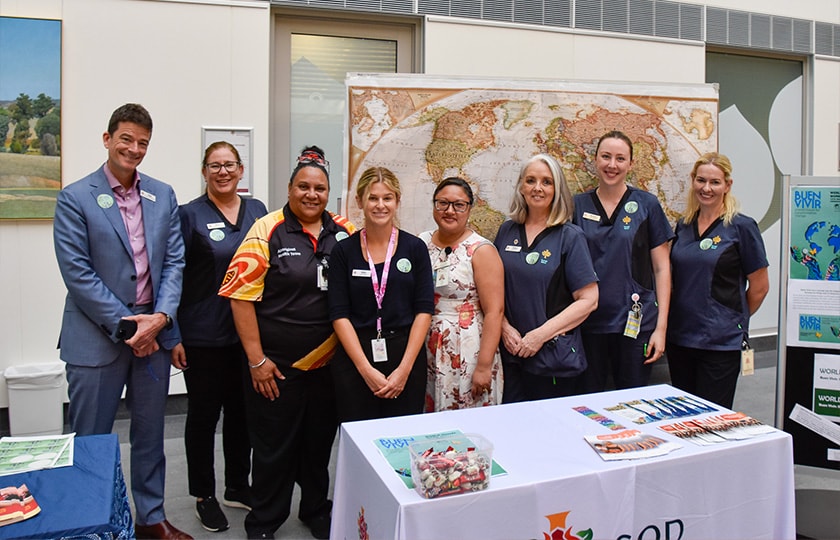Psychiatrists and Clinical Psychologists have for many years helped their patients with depression using a variety of psychotherapies (talking therapies), for example psychodynamic psychotherapy, interpersonal therapy, cognitive behaviour therapy, rational emotive therapy, dialectical behaviour therapy and acceptance and commitment therapy.
These focus mainly on alleviating negative symptoms of distress and dysfunction.
However, in more recent years, the psychological treatment of depression has taken “a turn for the better” with a shift in focus to the awareness and practice of the positive aspects of our human personality.
This “Positive Psychology” was described by Christopher Peterson in 2008 as “the scientific study of what makes life most worth living” and is the study of positive human functioning and flourishing on the biological, psychological, social and spiritual dimensions.
This started the use of interventions that increased happiness, wellbeing and positivity among people in general.
Components of positive psychology
We use positive psychology through our group programs at the Counselling and Therapy Centre and consider how happiness can be achieved by using different components. These are:
1. The Pleasant Life – how to generate positive emotions from pleasurable experiences, fun activities and regular exercise.
2. The Engaged Life – how to maintain “flow” by being totally absorbed in an activity, while using our signature/character strengths, e.g. humour and vitality.
3. The Meaningful Life – how to derive meaning and purpose in life by transcending beyond ourselves and belonging to and serving a higher power.
Strategies to use when practising positive psychology
The strategies we use to enhance your happiness include:
1. Keeping a Blessings Journal – think of three things that went well today, and why. Do this every night before bed.
2. Gratitude – Name five things you are grateful for. Do this every night before bed. Write a letter of gratitude to someone who was like a mentor to you, or to someone you have never properly thanked.
3. Practice acts of random kindness towards others.
4. Write a forgiveness letter to someone who upset or hurt you in the past. You may or may not send it.
5. Practice Mindfulness – take the time to savour and enjoy the present moment of your experience, e.g. while walking, eating, showering, etc.
6. Practice Mindful and Loving-Kindness meditation twice a day, everyday. This activates the part of the brain that produces Serotonin, the “happiness neurotransmitter”.
Our positive psychology group, at St John of God Burwood hospital, is a closed group for one day per week for eight weeks and is based on the principles and practices mentioned above.
This group has been running for the past eight years and has proven quite successful in helping people with a variety of mood and anxiety disorders to enhance their wellbeing and increase their resilience to stress.
For more information about positive psychology, go to Authentic Happiness.







